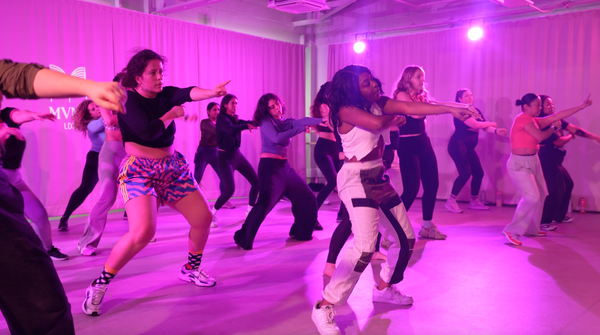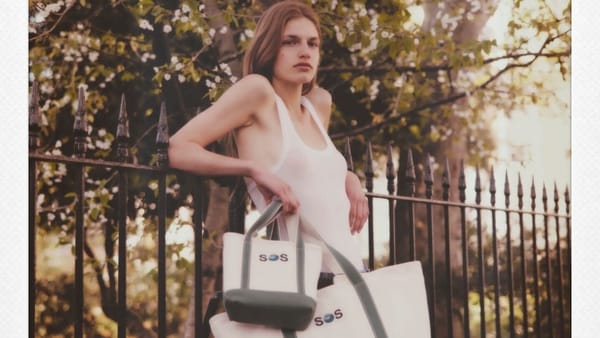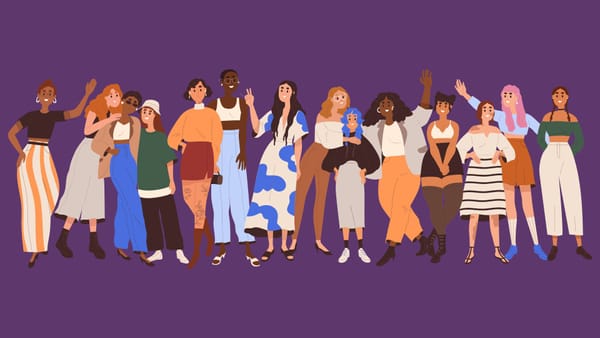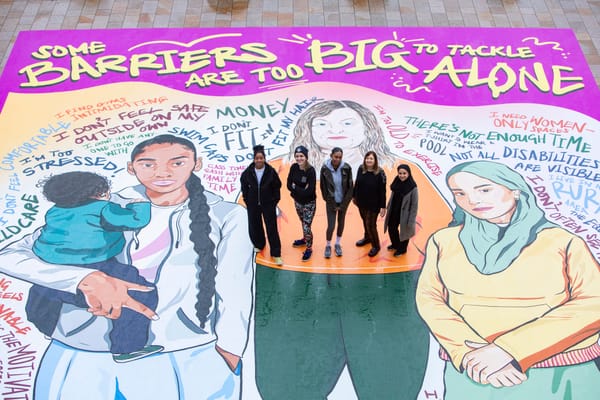Why women are moving away from ‘reinventions’ in 2024 🤲🏽
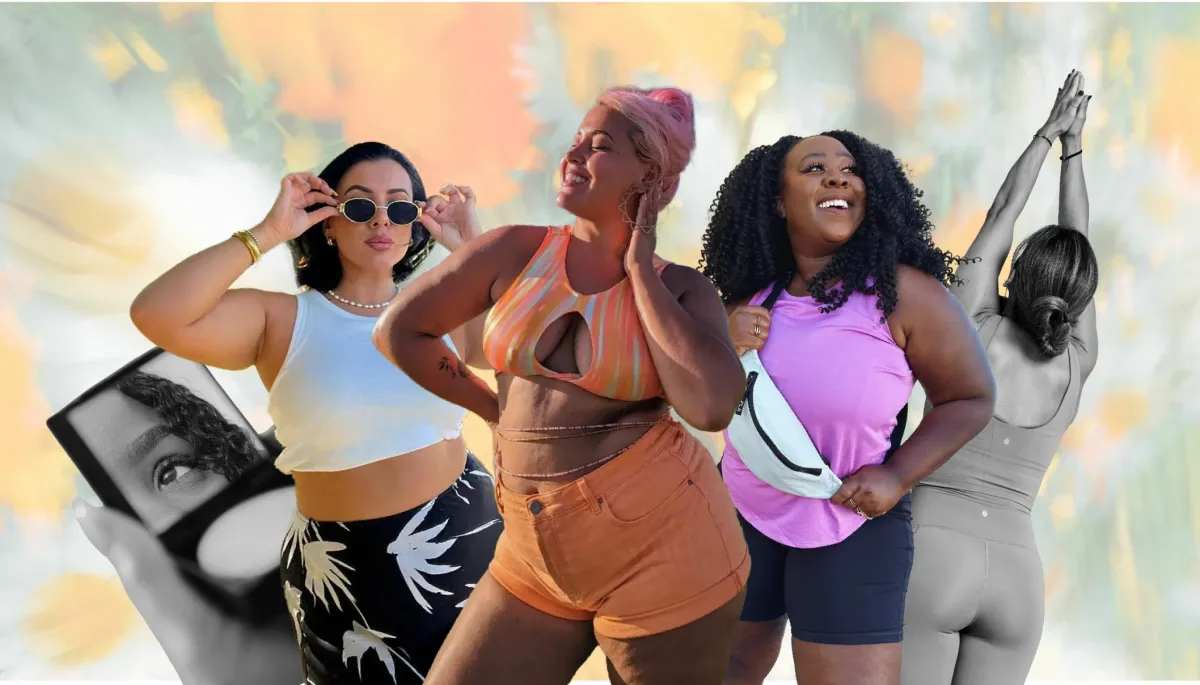
Year after year, as women, we're inundated with the idea of 'reinventing' ourselves, urged to reshape and adapt, aligning with the latest trends, whether it's through articles like '10 Ways to Reinvent Yourself' or the pressure to embrace new hairstyles while leaving our current look behind. This constant call for reinvention has become normalised, plastered across publications and social media. But in recent weeks, a subtle conversation has emerged questioning why this perpetual need for transformation exists. Why must we constantly change throughout the year? Is it wrong not to reinvent ourselves?
While reinvention can indeed be beneficial, particularly in terms of career and lifestyle adjustments, where a personal reshuffling may be necessary, it's hard to ignore the pervasive expectation for constant reinvention perpetuated by media and societal norms. This sets unrealistic standards, fostering a culture of toxic positivity that can exacerbate women's anxiety about staying relevant. However, the issue lies not in reinvention itself, but in the pressure to conform to a system that fails to benefit women and stifles their ability to remain true to themselves without fading into obscurity.
Conversations over the past few years have highlighted the frustration felt by women, especially in industries like music, where female artists are often pressured to change their sound or appearance to stay relevant, unlike their male counterparts who face less scrutiny in this regard. The burden of constantly reinventing ourselves is exhausting, and it's not just artists expressing this sentiment; everyday women are voicing their weariness with this narrative.
EXACTLY and women get criticised for not reinventing themselves whereas with men no one cares so then they don’t put any effort in https://t.co/icFgGGDCql
— michael (@mikeyventi) August 20, 2021
Livia Dabs RN, MSc, in her article 'Why I Refuse to Reinvent Myself and Why You Should Too', aptly points out that humans are not products requiring constant reinvention or improvement every year. Instead of perpetually changing ourselves, why isn't the system adapting to be less taxing on us? International Women's Day in March further underscored the need for structural change, with initiatives like launching women in leadership programmes and actively supporting female-owned businesses gaining traction.
Indie clothing companies are also challenging societal norms, particularly regarding body censorship. Lucy and Yak made waves with their #BearingAll collection, aiming to end the stigma surrounding chest and breast censorship, sparking discussions about why certain chests are censored while others are not.
This trend of reinvention starts right as the clock strikes midnight on January 1st with the tradition of making New Year's resolutions, which often carries an undertone of toxic positivity, especially for women, frequently revolving around weight, appearance, or perceived self-improvement. However, there's been a shift towards resolutions that focus on health rather than aesthetics, offering a refreshing perspective that doesn't push individuals, particularly women, to change if they don't want to.
In 2024, there's a palpable energy for change among women, a desire to reshape this discourse surrounding our personal transformation and the notion that shedding our old selves is necessary for growth. While this mindset may be empowering for some, it's essential to recognise that it doesn't resonate with everyone. Reinvention should be viewed as an optional journey, not an obligatory annual update.


